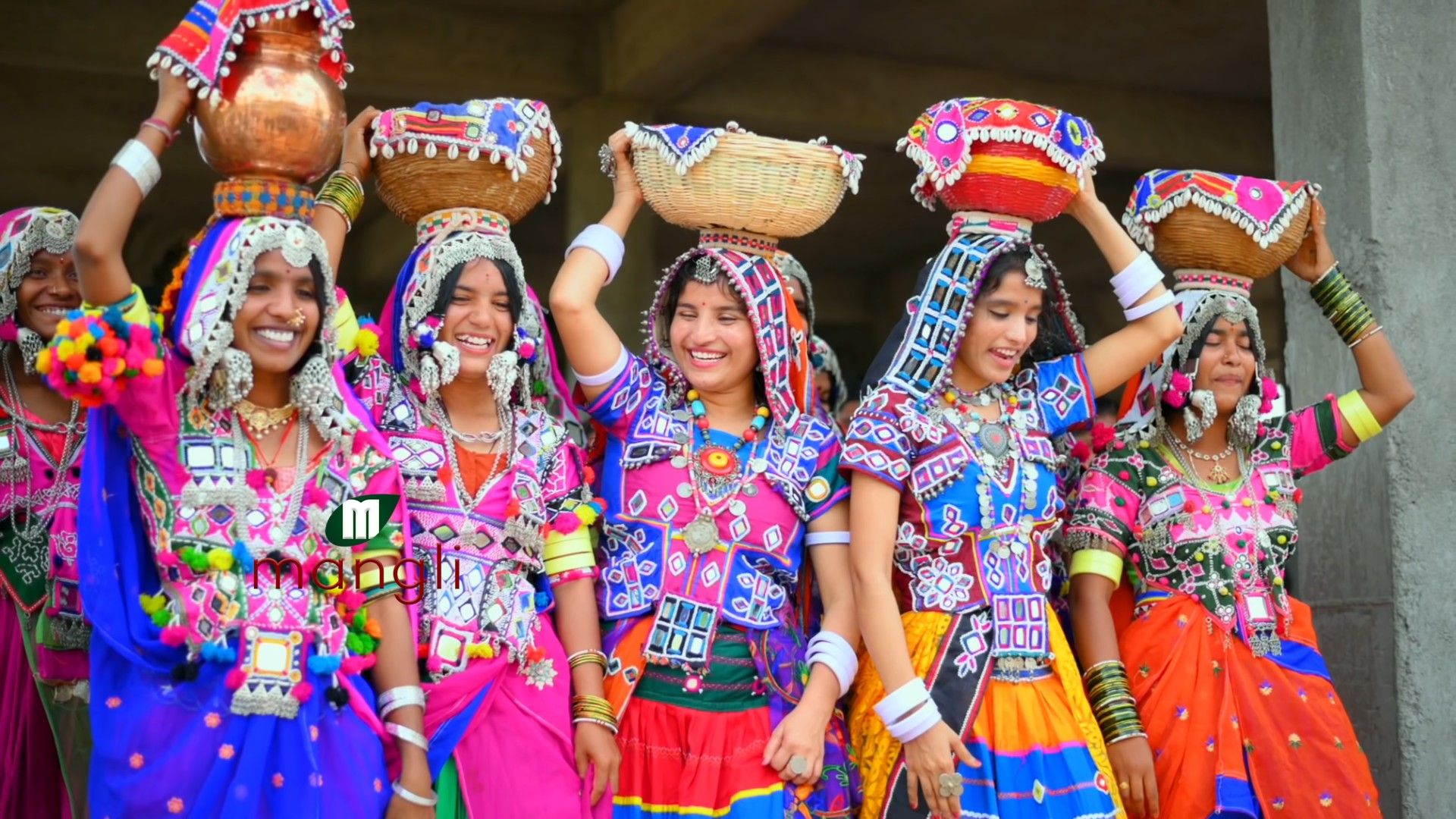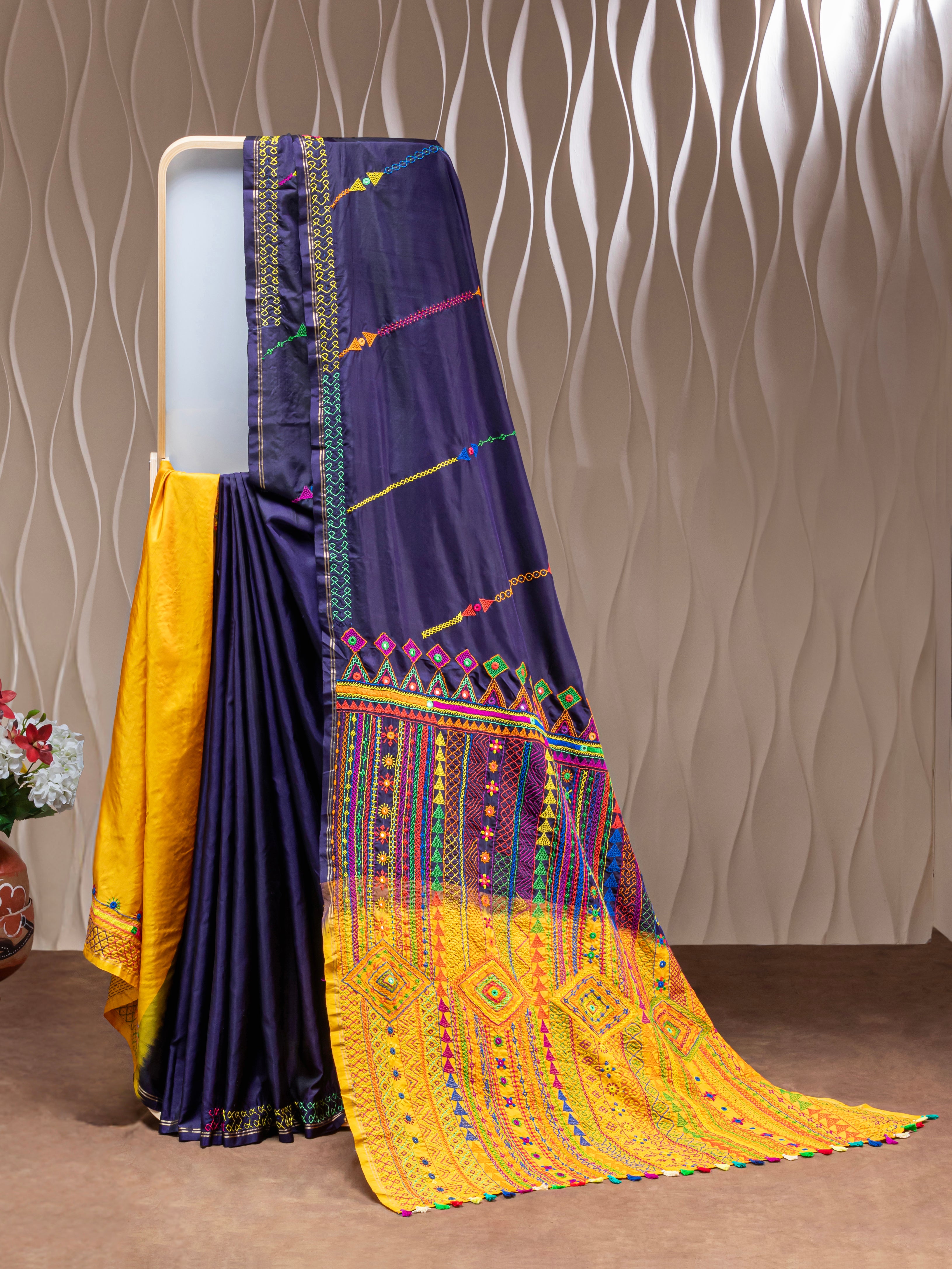
The Role of Women in Preserving Lambani Craftsmanship
The Role of Women in Preserving Lambani Craftsmanship
Introduction
In the heart of India’s rural landscapes, a vibrant tradition continues to thrive, thanks to the dedication and skill of women artisans. The Lambani community, known for its rich cultural heritage and intricate craftsmanship, relies heavily on the work of its women to keep these traditions alive. These women are the custodians of Lambani craftsmanship, playing a crucial role in preserving and passing down the knowledge and techniques that have been handed down through generations. In this blog, we’ll explore the role of women in preserving Lambani craftsmanship and how your support can help empower these artisans.
The Women Behind the Weave
The Lambani community, traditionally a nomadic tribe, has long been known for its unique style of embroidery and textile work. While both men and women have historically contributed to the craft, it is the women who have taken on the primary responsibility for preserving and continuing these traditions. From a young age, Lambani girls learn the art of embroidery, often from their mothers and grandmothers. They spend countless hours perfecting their skills, creating intricate patterns and designs that are unique to their community. These women are not just artisans; they are storytellers, using their craft to pass on the history, beliefs, and values of their people.
Economic Empowerment Through Craftsmanship
For many women in the Lambani community, the ability to create and sell their handcrafted textiles is not just a source of pride—it is also a vital source of income. In rural areas where economic opportunities are often limited, craftsmanship provides these women with a way to support their families and contribute to their communities. By practicing and preserving Lambani craftsmanship, these women gain financial independence and are able to improve their quality of life. Moreover, the income they generate helps to fund education for their children, ensuring that the next generation has access to better opportunities.
Challenges Faced by Women Artisans
Despite their skill and dedication, women artisans in the Lambani community face numerous challenges. The rise of fast fashion and mass-produced textiles has put pressure on traditional crafts, making it difficult for these women to compete in the global market. Additionally, the lack of access to modern tools, technology, and marketing resources can make it challenging for them to reach a wider audience. However, these women continue to persevere, driven by their commitment to preserving their cultural heritage and passing it on to future generations. By supporting Lambani artisans, you’re helping to overcome these challenges and ensure that their craft continues to thrive.
Supporting Women Empowerment
One of the most impactful ways you can support Lambani women artisans is by choosing to purchase their handcrafted textiles. Each piece of Lambani clothing you buy represents hours of meticulous work and carries with it the spirit of the artisan who created it. Your purchase not only provides these women with a source of income but also helps to preserve their craft and cultural heritage. Additionally, by supporting organizations and initiatives that promote fair trade and ethical fashion, you can help ensure that these women receive the recognition and compensation they deserve for their work.
Conclusion
The women of the Lambani community are the backbone of their cultural heritage, playing a crucial role in preserving and continuing the tradition of Lambani craftsmanship. By choosing to support these artisans, you’re not just buying a beautiful piece of clothing—you’re empowering women, supporting their livelihoods, and helping to keep a rich cultural heritage alive. Whether you’re purchasing a vibrant Lambani saree, a handcrafted kurti, or any other piece of Lambani clothing, you’re making a meaningful impact on the lives of these women and their communities. So the next time you’re shopping for ethnic wear, consider choosing a piece that supports women empowerment and celebrates the artistry of Lambani craftsmanship.

